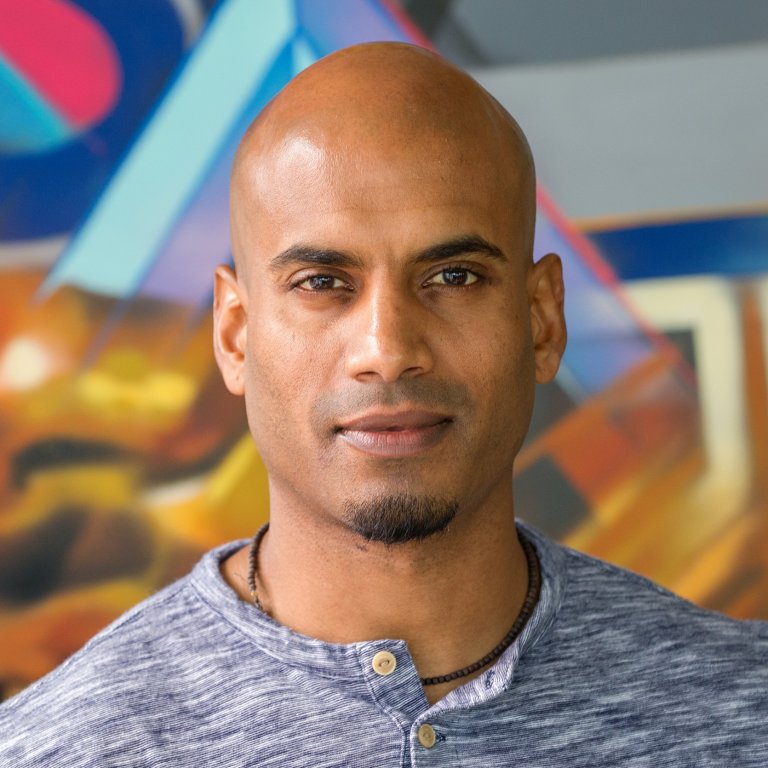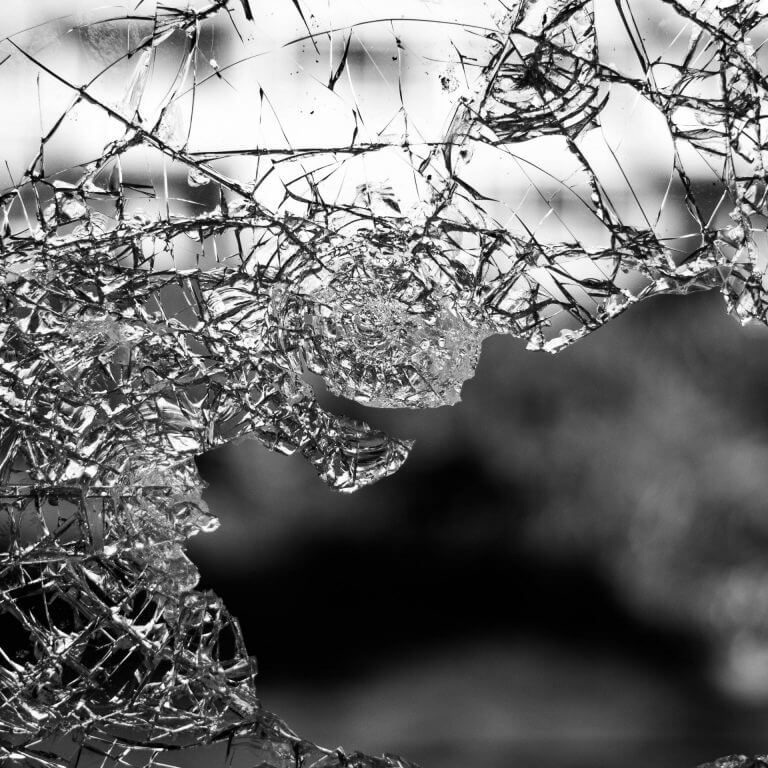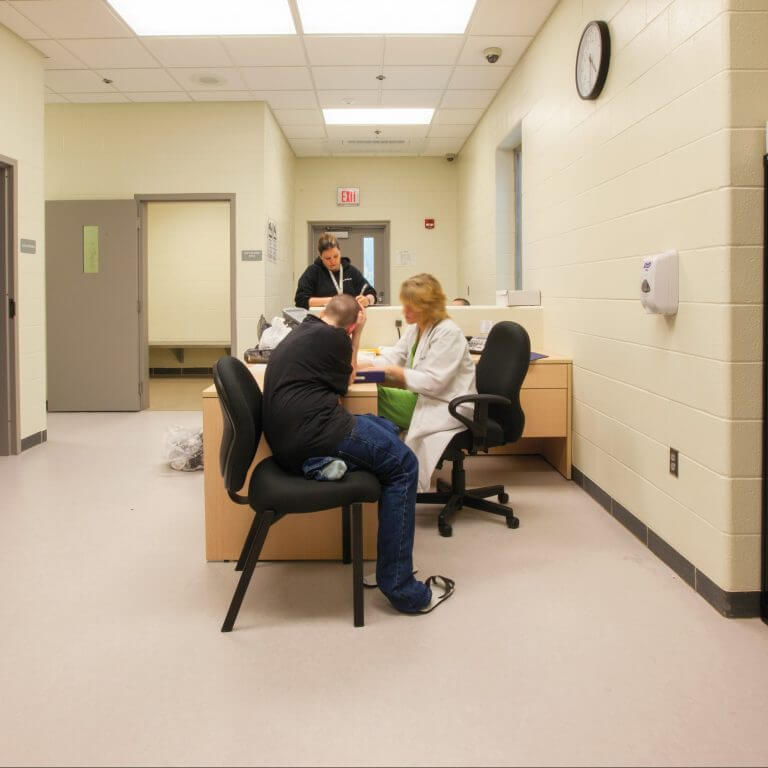The Challenge
In all 50 states, crime victims are given an opportunity to provide a written or oral statement during the sentencing phase of a case. These statements often contain information that would otherwise be unavailable to the court, including how a crime has impacted a victim’s life, which may be used by the judge to determine a defendant’s sentence. A similar mechanism, however, rarely exists for individuals who face charges, nor is it available for their families or community members. For youth who are involved in the justice system, this can lead to the imposition of harsh sentences that may not take into account their age or life circumstances.
The Project
As an organizer and advocate for marginalized communities in San Jose, CA, Raj Jayadev witnessed this challenge firsthand and saw an acute need for a different approach. He and his colleagues at Silicon Valley De-Bug developed a new practice called “participatory defense,” which aims to transform justice procedures by enabling families and community members to engage in the defense process on behalf of their loved ones. Individuals who know the defendant provide the court with comprehensive biographical details, or “social biographies,” which offer a fuller picture of the defendant’s background, future prospects, and impact on the community. Through the model, families and communities also assist the public defender in defense preparation and have a more visible presence in the court process. Overall, the goal of participatory defense is to mitigate, or even eliminate, a sentence, as measured by the amount of “time saved” — a counterpoint to the legal term “time served.”
This model has been successfully replicated by 11 community groups across the country, but a large urban city has not yet implemented it as institutional practice. With the support of key allies, Philadelphia is well-positioned to be the first major urban adopter of participatory defense.
Through his Stoneleigh Fellowship, Raj collaborated with the Defender Association of Philadelphia and community stakeholders to establish the participatory defense model in Philadelphia’s juvenile justice system. In addition, with Philadelphia as the blueprint city, Raj is working with his San Jose-based nonprofit Silicon Valley De-Bug to make participatory defense a new national field of practice and build a network of communities utilizing it.
This Stoneleigh Fellowship enabled Raj to:
- Institute the participatory defense model in Philadelphia’s juvenile courts. Raj convened a multi-stakeholder planning group to oversee the implementation of the model, lead trainings with community-based organizations, and help build an infrastructure to sustain the work.
- Expand the participatory defense model nationally. Raj established a national network of participatory defense hubs, create training materials, memorialize the lessons of practitioners in an open-source platform, and convene hubs from across the country to share lessons and exchange best practices.



